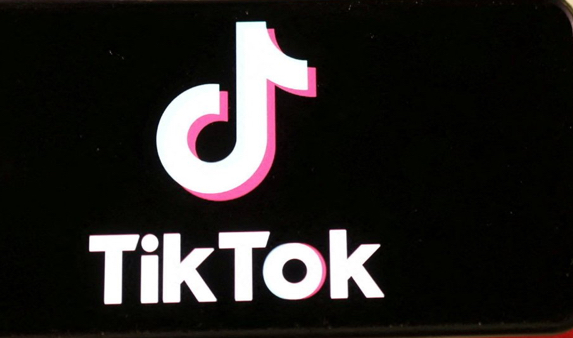The U.S. Supreme Court ruled against TikTok on Friday, dismissing the social media platform’s First Amendment challenge to a law that will effectively ban it in the United States starting Sunday. This unanimous decision might spell the end for TikTok’s operations in the U.S., where it has become a go-to source for information and entertainment, particularly among the younger demographic, with an estimated 170 million users.
The court acknowledged the platform’s significance, stating, “There is no doubt that, for more than 170 million Americans, TikTok offers a distinctive and expansive outlet for expression, means of engagement, and source of community.” However, it also emphasized that Congress’s decision to enforce divestiture was driven by national security concerns over the app’s data collection and its ties to a foreign adversary.
Last spring, President Biden signed this law into existence after it garnered significant bipartisan backing in Congress. Lawmakers raised alarms about the potential risks posed by TikTok’s ownership, citing the Chinese government’s ability to access sensitive user data or to disseminate disinformation.
During last week’s court session, TikTok’s legal representation, Noel J. Francisco, warned that the app would “go dark” without a favorable ruling, though the specifics of how quickly this would occur remained uncertain. If TikTok does not comply, app distributors like Apple and Google could face hefty fines for continuing to offer the app for download or updates.
The Supreme Court expedited its decision process, hearing arguments only last Friday. The majority of the justices seemed to agree with the government’s argument that the law targets TikTok’s ownership rather than its speech rights. Francisco conceded the security risks but suggested alternative, less drastic measures than effectively shutting down the app.
TikTok has transformed into a cultural phenomenon in the U.S., thanks to its algorithm that curates content covering all aspects of American life. As the Supreme Court deliberated, TikTok creators were actively streaming the proceedings, voicing their concerns about the potential ban.
Here’s what you should know:
- Cultural Impact: Since its surge in popularity during the 2020 lockdown, TikTok has become a cultural fixture in America. A significant portion of U.S. adults, particularly those under 30, engage with the app, according to Pew Research. It has been instrumental in creating new celebrities, influencing trends in various entertainment sectors, and even shaping public discourse on global and national issues like the Israel-Hamas conflict and the U.S. presidential election.
- The Core of the Debate: The government’s arguments for the ban were twofold: preventing the spread of covert disinformation from China and safeguarding personal data from being used for nefarious purposes like espionage or blackmail. While the court showed some division over the disinformation aspect, many justices expressed concerns about data privacy risks.
- Bipartisan Support: The law to regulate TikTok was one of the few issues that garnered widespread support across both parties in Congress. Dubbed “Thunder Run” due to its rapid legislative journey from proposal to enactment, this action followed shortly after TikTok CEO Shou Chew’s testimony regarding the app’s Chinese connections in March 2023.
This ruling marks a significant moment for digital platforms in the U.S., potentially reshaping how foreign-owned apps with massive user bases can operate under national security scrutiny.

